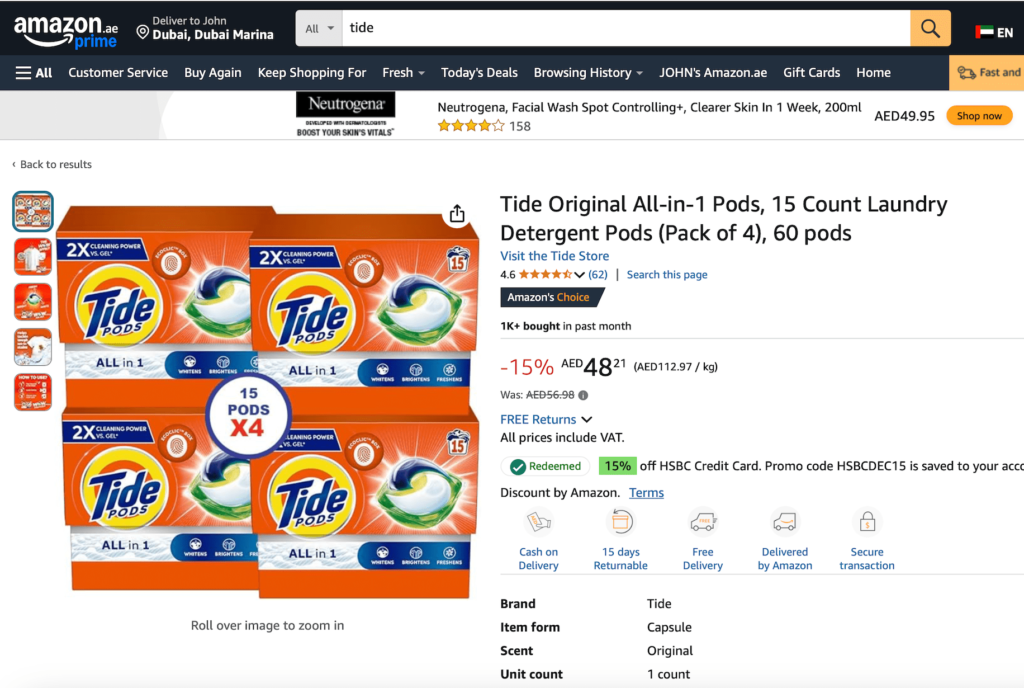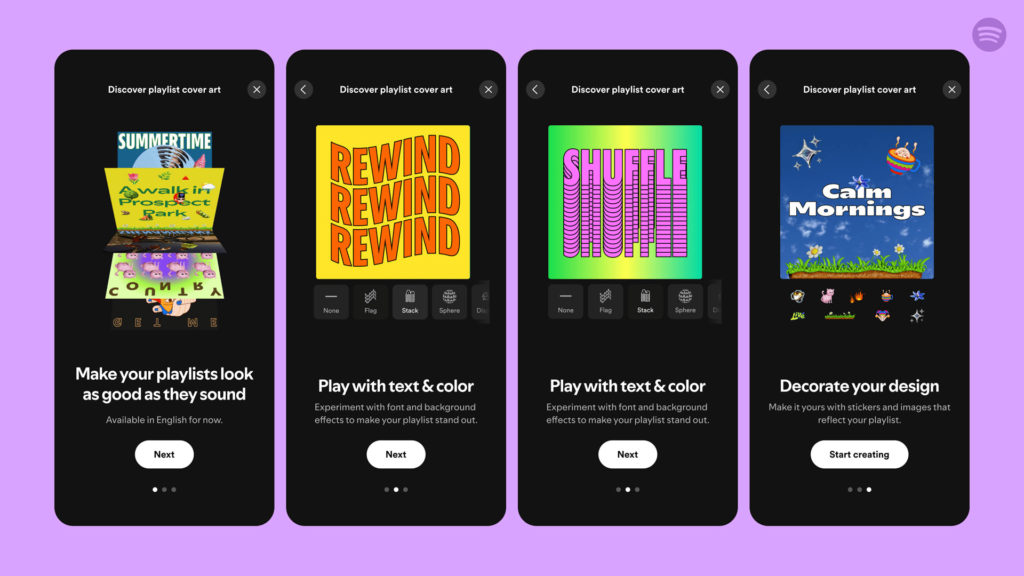
Marketing to the Machines: Selling in a World Where AI Makes Decisions
When Alexa, Siri, and ChatGPT decide what consumers buy, stream or binge-watch, your real customer isn’t human—it’s a machine. Is your marketing ready to win over the algorithms running the show?
Let’s start with me: I’ve almost entirely shifted to ChatGPT for answering my questions. Google? I touch it less and less each day. My phone might still think it’s a big deal, but I’m moving on. News? Sure, I still lean on reliable content curators like CNN for headlines and Delish for interesting new side dishes recipes. But will I continue to do so in the future? Dunno.
According to Adobe’s 2024 Digital Trends Report, 73% of consumers are now comfortable relying on AI for product recommendations—up from just 45% two years ago. If AI can curate my news, recipes, and shopping lists better than human editors, what’s to stop me from leaving even trusted sources behind?
Even as I write this, Apple’s new AI tools are growing on me. Siri and Alexa, my digital “sister wives,” already run my home with eerie precision. (I swear sometimes I can hear them gossiping about my receding hairline.)
So, if I’m shifting how I find information and make decisions, how many millions of others are doing the same? And more importantly, how can brands adapt to this brave new world where AI assistants, not humans, are becoming the real decision-makers?
The Rise of AI as Your Next Customer
AI assistants are no longer just helpful tools; they’re gatekeepers to your brand. Today’s consumer might not be asking you directly which smartwatch to buy—they’re asking ChatGPT, Alexa, or Siri. And here’s the kicker: those AI assistants aren’t recommending products based on those catchy slogans my agency gets paid to create or even on our SEO prowess. They’re crunching data, weighing reviews, and factoring in their algorithms’ “opinions.”
According to a 2024 report by Gartner, over 50% of online product searches are now conducted through AI-driven assistants instead of traditional search engines. And it’s not just for shopping: Google recently reported a drop in “how-to” searches as more people turn to generative AI for step-by-step guides. The implications for marketing are seismic.
From Optimization to Persuasion: The New Rules of Engagement
Let’s say you’re selling gourmet dog food. In the past, your goal was to rank high on Google and craft a catchy YouTube clip. Now? You need to convince the AI that your product is worth recommending when someone asks, “What’s the best organic dog food for senior pets?”
- Structure Your Data Like a Pro
AI assistants live and die by structured data—metadata, schema markup, and robust product descriptions. If you don’t make your product easy for an AI to “read,” you might as well not exist. For example, Petco’s collaboration with Google ensures its inventory is optimized for assistant-driven shopping queries, putting it a step ahead of competitors. - Social Proof Matters More Than Ever
AI assistants heavily rely on consumer reviews and ratings. Want to land in Alexa’s good graces? Earn glowing feedback. And not just on Amazon—AI is scanning aggregated review sites, social media sentiment, and even Reddit threads. That’s why brands like Warby Parker invest heavily in post-purchase engagement, encouraging customers to leave detailed, positive reviews. - Speak Their Language
No, literally. Many brands are creating voice-activated AI campaigns to build relationships with AI assistants. Nestlé, for example, launched an Alexa skill that recommends recipes using Nestlé products, essentially turning Alexa into a sales rep in your kitchen.
What Happens When AI Predicts Your Needs?
Here’s where things get really interesting. In 2025, predictive shopping is expected to grow by 35% year-over-year, according to a recent McKinsey study. Imagine this: Alexa notices you’re running low on coffee pods and automatically reorders your preferred brand before you even think about it.
For brands, this means one thing: becoming the default choice.

Take Procter & Gamble’s Tide. By partnering with Amazon, Tide became the preferred detergent for Alexa’s auto-reordering feature. That’s a coveted position because once AI locks in on a recommendation, consumers rarely question it. It’s the ultimate “set-it-and-forget-it” strategy.
Ethical AI: Building Trust with Machines and Humans
But with great power comes great…well, ethical concerns. Who decides which brands AI assistants recommend? Pay-for-play models risk alienating consumers, and algorithmic biases could harm smaller or minority-owned businesses.
Consider the backlash Amazon faced when users discovered Alexa was nudging them toward Amazon Basics products over competitors. Consumers want transparency—if they think an AI assistant is “rigged,” trust evaporates. For marketers, this means being proactively transparent about how and why your product earns top AI recommendations.

Marketing to Machines—and People—Simultaneously
Here’s the paradox: while AI is becoming a dominant decision-maker, humans still value emotional connection. Brands that find ways to resonate with consumers and appeal to AI will win big.
Spotify uses AI to curate personalized playlists, but it doesn’t stop there. By encouraging users to name their playlists and share them on social media, Spotify taps into emotional engagement while optimizing for AI-driven discovery.

Walmart’s integration with Google Assistant lets customers add items to their carts via voice commands, simplifying the shopping process. But behind the scenes, Walmart ensures its product data is meticulously structured, so Google knows exactly what to recommend.
The Big Question: Are You Ready?
If you’re not thinking about how AI assistants interpret, rank, and recommend your brand, you’re already behind. The future of marketing isn’t just about capturing human attention—it’s about winning over the algorithms shaping their choices.
After all, if Alexa and Siri can be trusted with our biggest secrets (they know…they KNOW!), they can certainly decide what coffee, detergent, or new Brussel sprouts recipe ends up in my life.
Are you ready to sell to the machines? Because they’re already shopping for us.



